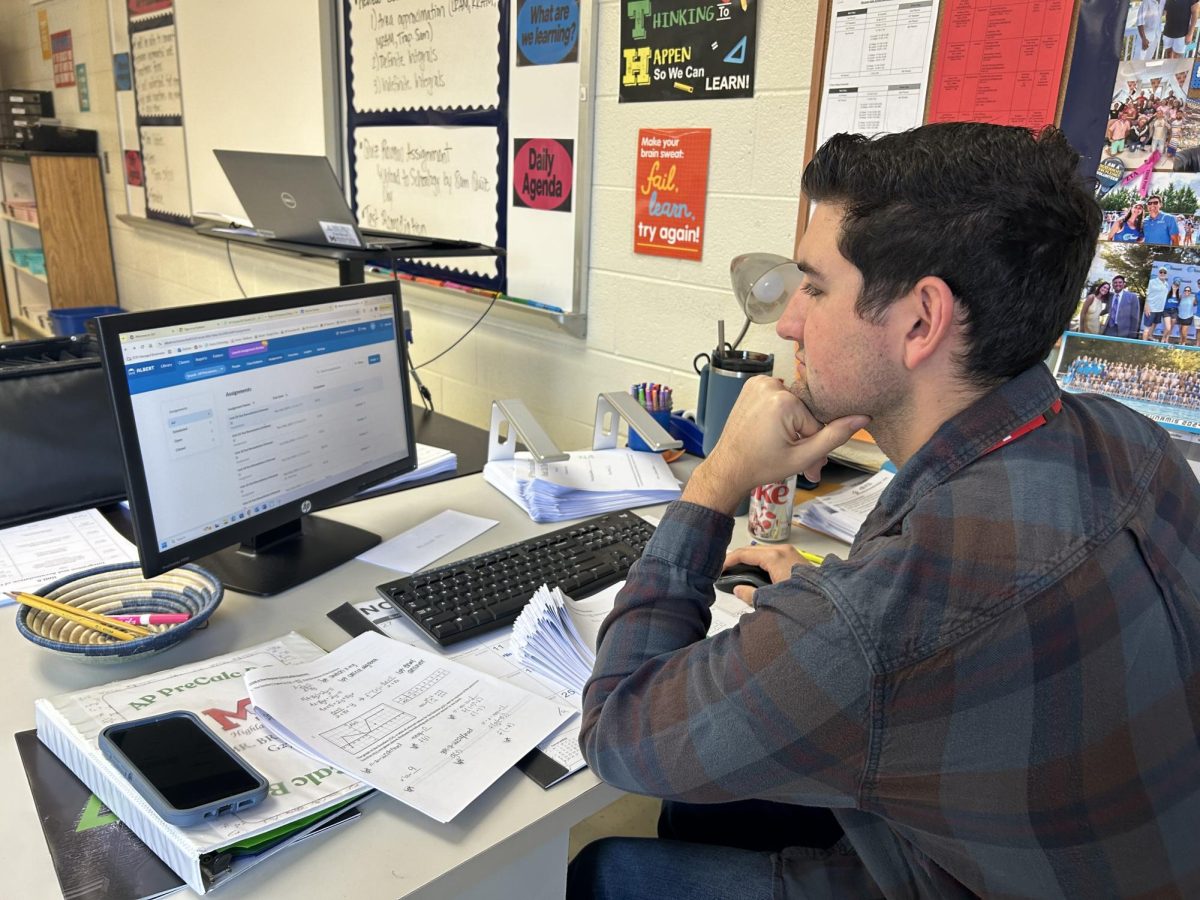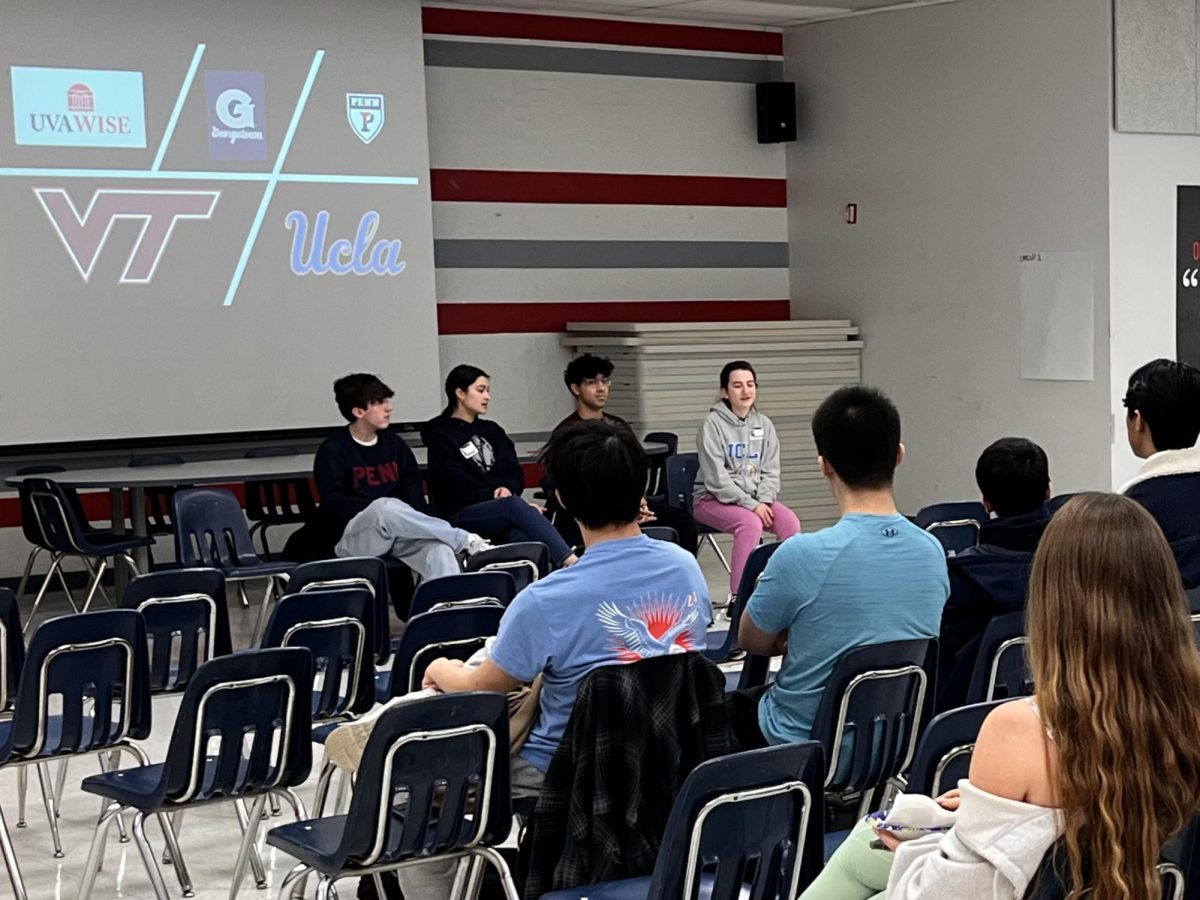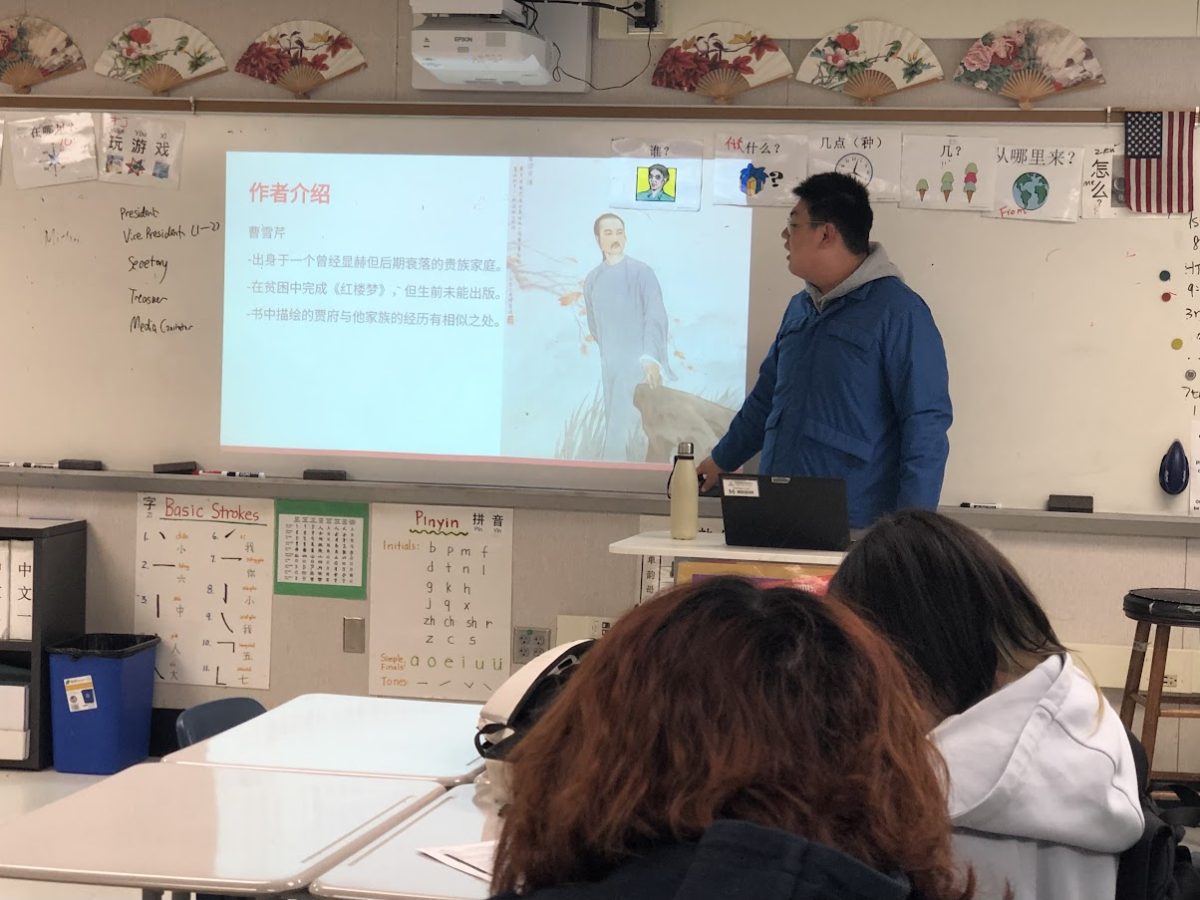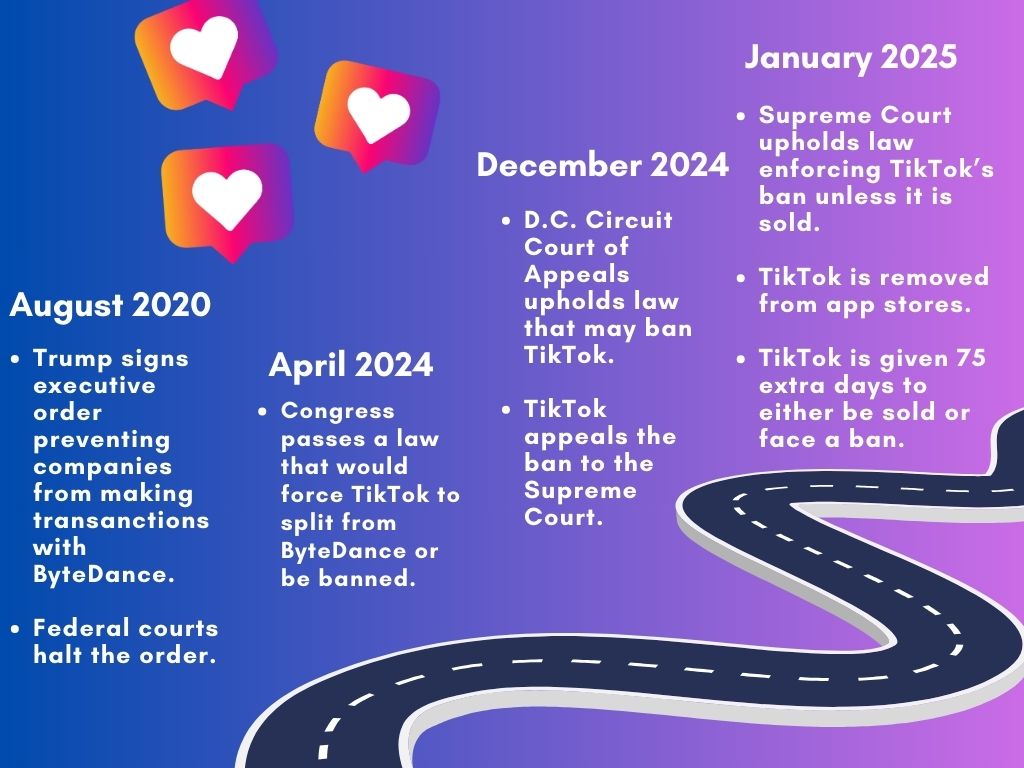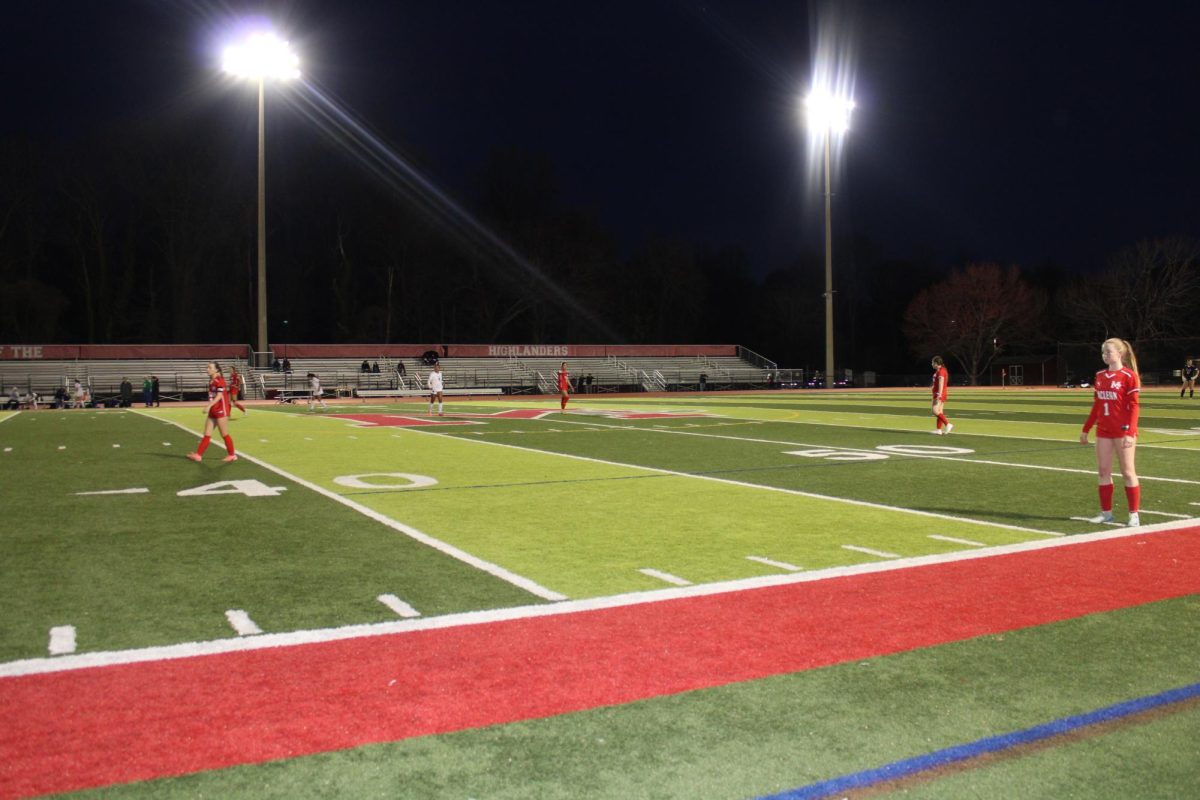After administering the first-quarter retake, the AP Calculus BC team has decided to opt for a system of unit-by-unit retakes instead. Previously, the only option for students in calculus to remediate was through corrective action, with which students could regain up to half of their lost points.
The quarter exam resulted from this year’s new policy of allowing retakes up to 100. Teachers initially believed that a cumulative quarter assessment would be a more efficient alternative to retaking each unit.
“We thought a [less stressful] solution was just having one test at the end of the quarter that still covers all the material, but our students are only having to study again and remediate for one test, rather than spending time doing it for four different ones,” said Evan Brandt, AP Calculus BC teacher.
However, teachers found that the quarter exam brought about many unexpected issues.
“I didn’t have anybody in BC calc improve any of their test scores,” Brandt said. “That was discouraging, because I hated the idea that these students spent time after school studying for the test without improving their grades.”
Students also found that the quarter exam worsened their anxiety during the end of the quarter, a time typically packed with a multitude of tests and assignments.
“I spent more time studying for the retake than my AP Bio test, and it led to me getting a lower score [in that class],” junior Nicole Purevtugs said.
Now, after completing a corrective action problem set for the unit, calculus students can choose between either receiving back 50% of lost points or retaking the entire test. Brandt believes this policy is more beneficial to students.
“I do think the majority of the time students will see, ‘Oh yeah, I did my remediation for 50% of the points back. That’s not killing my grade,'” Brandt said. “I think it allows them to still feel confident with themselves, and they can be present in class with the material we are doing day to day.”
Still, some students find that only being able to choose between retesting or 50% back is an unwarranted limitation.
“I feel that it’s unfair that if you retake it, you don’t get [the 50%] back. It’s hard for kids to get their score up,” Purevtugs said. “I wish we got both a retake and at least 25% points back.”
However, Brandt believes that retesting should be only for addressing significant holes in knowledge, not a marginal grade deficiency.
“The idea of retakes and reassessment is meant for occasions when there are clear gaps in learning, not for instances where students scored a high A and they want a higher A,” Brandt said. “So, I hope [the new system] brings that stigma away from the idea of reassessment and frames it better for students, so they know when is a good time to retake.”


